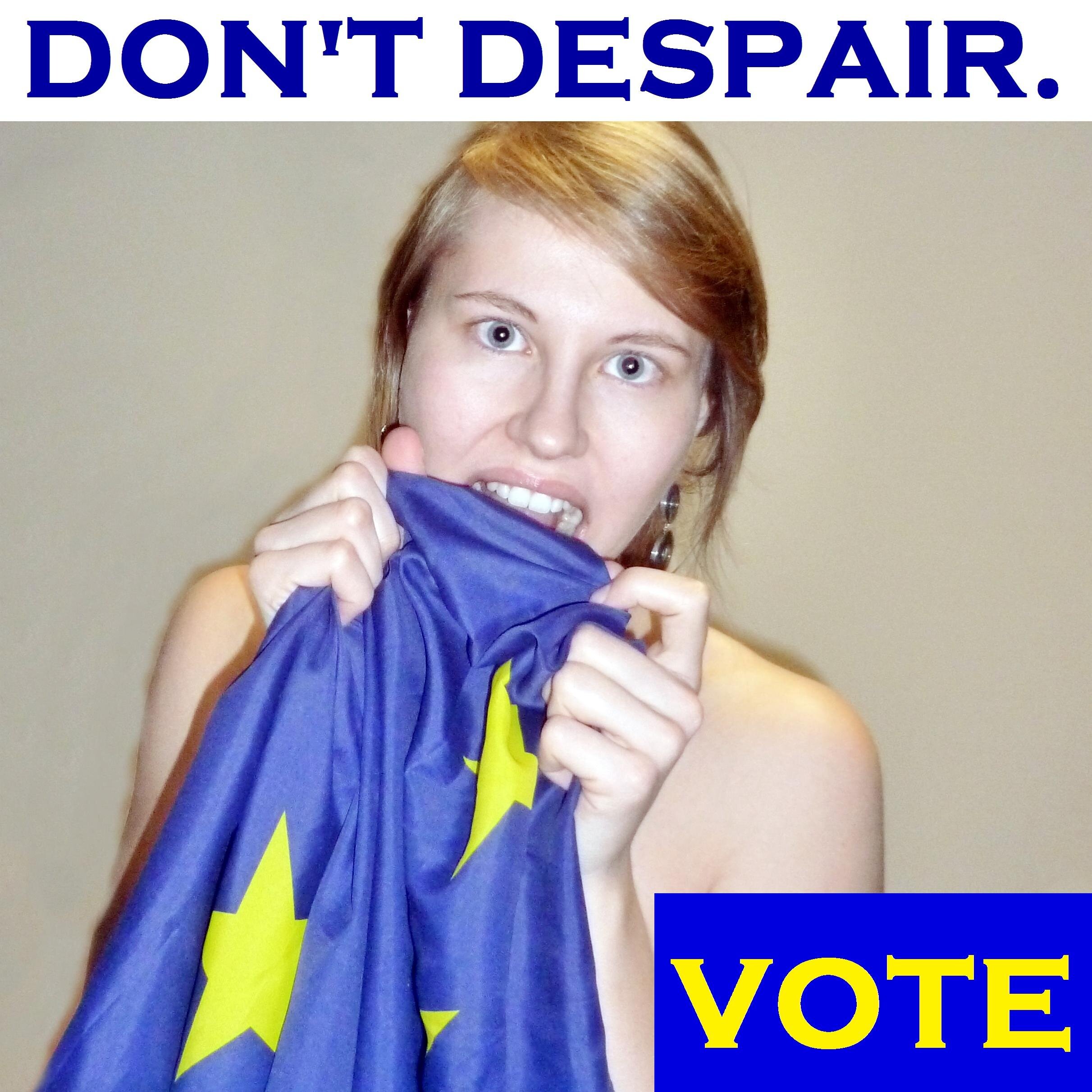EU Elections 2014: The Failure of the UK’s Elitist System
Last Sunday showed the rise of the far-right when Eurosceptic parties were elected for about a third of the European Parliament. The implied protest of this worrisome outcome is justified and goes far beyond the usual tendency towards extremism in times of economic difficulties.
“We knew UKIP was gonna win,” says Caspian Conran, President of the Warwick Liberal Democrats, “Farage has been successful at, wrongly, associating EU membership with immigration, despite the fact that 75% of our immigration comes from outside of the EU.”
“The UKIP phenomenon shows something the parties will have to react to,” adds Remy Osman, former exec member of the Warwick Conservative Association.
But why is a populist party like UKIP needed to make the established political class react to fundamental concerns of their own electorate?
This democratic deficiency in communication persists across Europe where citizens lose trust in the system, particularly after the economic crisis, which is aggravated by politicians trying to justify their own and/or systemic failures by blaming “Europe” leading to one of the lowest election turnouts. The remaining voters made Eurosceptic and first of all anti-establishment parties like UKIP (27.5% in the UK) and the far-right Front National (25% in France) the strongest parties.
It is not surprising that the dissatisfaction of the French people is reflected by such an extremist party, as they protest against an elitist system with a very homogeneous group of graduates from the same elite universities running the country. Hence also the infamous French strikes as the only effective communication tool between the general population and its detached leaders.
Brendan Donnelly, Director of the Federal Trust and former Member of the European Parliament, outlines the problem: “The simplistic claim of the Front National that these fundamental problems of French political society are the responsibility of outsiders, in particular the European Union, is populist, attractive and dangerously incorrect.”
“This is why French Jews are emigrating to Israel, as raising anti-Semitism translates into violence,” explains a former exec member of Warwick’s Jewish-Israeli Society, “However, the far-right is much easier to pinpoint than the far-left where anti-Zionism is very often used to disguise anti-Semitism: You can’t attack the Jews, so you attack the Jewish state instead. In Europe this happens too much.”
But is the British situation really so much different from France?
Although there are Jews in the community who do see UKIP as a threat, he is not particularly concerned about UKIP from a Jewish point of view: “I would be really concerned about BNP, but generally the UK is probably as good as it is going to get in Europe for Jews.”

Photo courtesy of Bettina Wolff
Nevertheless the UK’s leaders are a rather homogeneous group, too, mainly coming from certain universities including Warwick. What may mix up this group a bit more though, may be the UK’s greater openness to foreign students, who are a substantial part of the immigrants Farage is condemning, like myself.
In contrast, there is not much of a political niche for extra populist parties like UKIP in Germany where a less elitist but broader political representation leads to higher identification of the population with its leading class (only 7% for the “Alternative for Germany”).
Donnelly also points out that the German economic system, which enhances its political stability, is much more sound than in other European countries and could be a role model for France and the UK: “It used to be widely accepted that the ability to learn from our European neighbours was a definite advantage of membership in the European Union. That generous insight has been replaced in some quarters by a desire to isolate ourselves from Europe for fear of having our own deficiencies exposed.”
Those systemic deficiencies persist on a European level where EU institutions underlie the culminated national failures plus the fundamental shortcoming of having a European economic union without a European political union to correct its market failures. This has been one of the main reasons for the current European economic crisis and underlines the need of close collaboration to improve the national and European systems from within. Find out more information on this issue here.
Caspian (Liberal Democrats) and Kathryn Brooke, Chair of Warwick Labour, see the UK situation critical: “UKIP has been scapegoating people by tapping into fear of immigration and economic uncertainty, but I think especially the media has played on and worsened it. We have to win the debate back.”
However, the BBC neglects almost completely to report what is all over the news in other European countries for the past week: The British Prime Minister David Cameron and other heads of state are trying to bypass yet another democratic decision, as the negotiation on the President of the European Commission happens behind closed doors even though we have voted for our candidate last Sunday #respectmyvote
[divider]
Bettina Wolff (@BettinaWolff_EU) is the founder and president of the Young European Movement Warwick. Read her full account regarding the EU elections 2014 with the complete interviews with representatives of Warwick’s Liberal Democrats, Conservatives, Labour and Jewish-Israeli Society here.
[divider]
Header photo: flickr/dupphotos

Comments